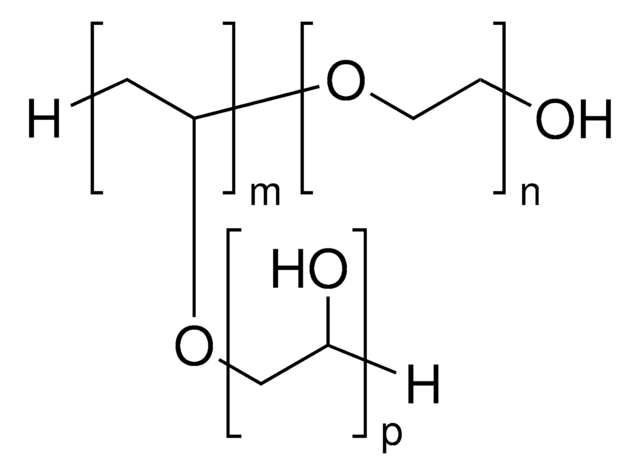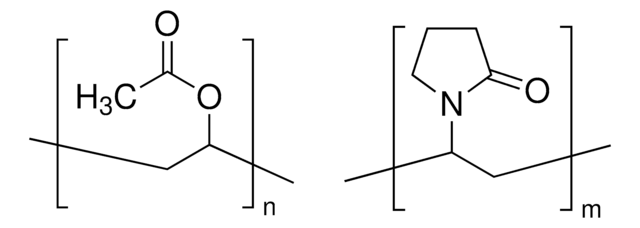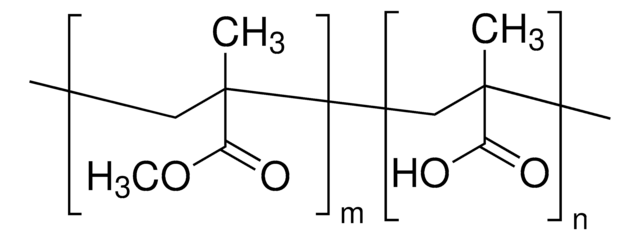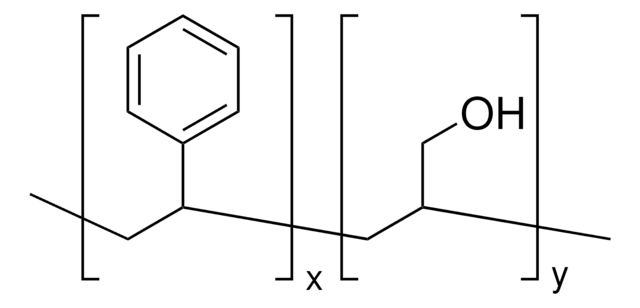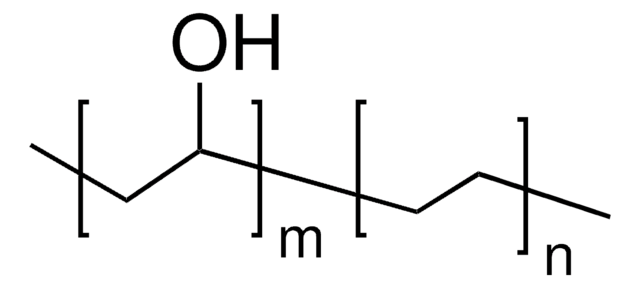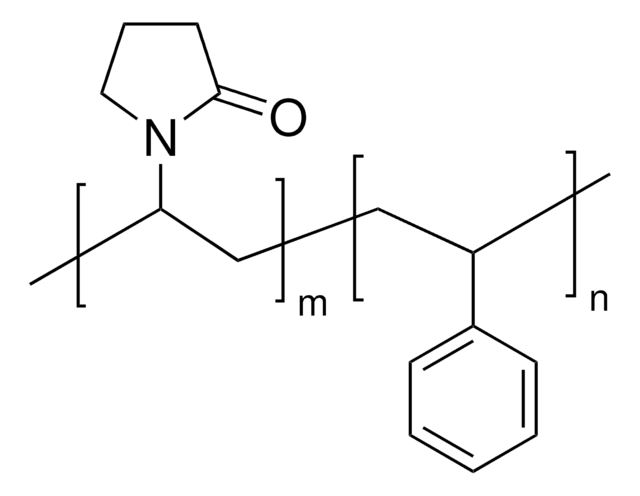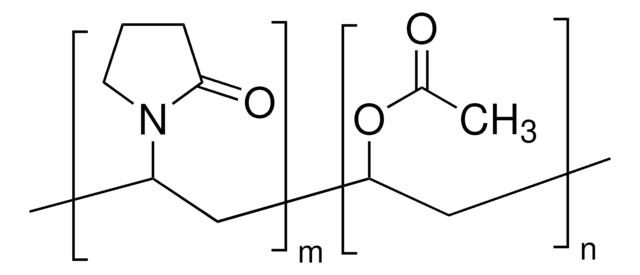96329
Kollicoat® SR 30 D
28.5-31.5% solids basis
Synonym(s):
Poly(vinyl acetate) dispersion 30 %, Poly(vinyl acetate) stabilized with polyvinylpyrrolidone and sodium lauryl sulfate
About This Item
Recommended Products
Quality Level
Assay
25.0-30.0% (saponification value * 0.1534)
28.5-31.5% solids basis
form
dispersion
impurities
≤0.5% sulfated ash (verified on random samples only)
≤0.500% particulate matter, agglomerates
≤100 ppm residual monomer vinyl acetate
≤15000 ppm acetic acid
≤20 ppm heavy metals (verified on random samples only)
≤4.0% povidone (N content/0.126)
pH
3.0-5.5
viscosity
≤100 mPa.s(20 °C, Brookfield RVT) (SP. 1, 100 PRM)
density
1.045-1.065
InChI
1S/C4H6O2/c1-3-6-4(2)5/h3H,1H2,2H3
InChI key
XTXRWKRVRITETP-UHFFFAOYSA-N
Application
Analysis Note
Legal Information
Storage Class Code
10 - Combustible liquids
WGK
WGK 1
Flash Point(F)
Not applicable
Flash Point(C)
Not applicable
Choose from one of the most recent versions:
Already Own This Product?
Find documentation for the products that you have recently purchased in the Document Library.
Customers Also Viewed
Our team of scientists has experience in all areas of research including Life Science, Material Science, Chemical Synthesis, Chromatography, Analytical and many others.
Contact Technical Service
